Small businesses are the backbone of the Australian economy, employing millions of people across the country. However, for small business owners, getting the most out of their employees can be a challenging task. In this article, we’ll explore several strategies that can help small business owners in Australia maximise their employees’ performance.
Clear Communication
Effective communication is the cornerstone of a well-functioning workplace. Small business owners should maintain open and transparent lines of communication with their employees. Regularly scheduled meetings, both one-on-one and team meetings, can provide a platform for discussing goals, expectations, and concerns. Encourage your employees to share their ideas and feedback, fostering a collaborative and inclusive work environment.
Set Clear Goals and Expectations
Employees work best when they have a clear understanding of what is expected of them. Define specific, achievable goals and key performance indicators (KPIs) for each employee. When everyone knows what success looks like, they are more likely to work toward those goals with motivation and purpose.
Offer Training and Development
Investing in employee training and development is a win-win. It enhances the skills and knowledge of your team, making them more valuable assets, while also showing your commitment to their growth. Consider offering workshops, online courses, or on-the-job training opportunities that align with your business’s needs.
Recognise and Reward
Recognising and rewarding employees for their hard work is a powerful motivator. Small gestures such as verbal praise, a simple “thank you,” or small tokens of appreciation can go a long way. Implement a performance-based bonus system or incentives to encourage employees to excel in their roles.
Foster a Positive Work Environment
Creating a positive work environment is essential for retaining and motivating employees. Encourage teamwork, respect, and a healthy work-life balance. Ensure that the workplace is safe, comfortable, and conducive to productivity. By promoting a positive culture, you can inspire employee loyalty and commitment.
Empower Employees
Empower your employees by giving them ownership of their work. Allow them to make decisions and take responsibility for their projects. When employees feel trusted and valued, they are more likely to put in extra effort and take pride in their work.
Flexibility
Offering flexible work arrangements, such as remote work or flexible hours, can be a significant advantage for small businesses. It not only helps attract top talent but also increases employee satisfaction and productivity. Many employees appreciate the ability to balance work and personal life effectively.
Performance Reviews
Regular performance reviews are crucial for tracking progress, providing feedback, and setting new goals. Constructive feedback sessions can help employees understand their strengths and areas for improvement. This process also allows small business owners to make informed decisions about promotions or pay raises.
Invest in Employee Well-being
Prioritising employee well-being is essential. Consider offering wellness programs, mental health support, and other resources that help employees stay physically and mentally healthy. Healthy and happy employees are more likely to be productive and loyal to your business.
Australia, like many other countries, is currently facing a significant skill shortage across various industries. The scarcity of qualified personnel can pose a considerable challenge for small businesses seeking to expand or meet increasing demands. In such a scenario, the cost of acquiring new staff can be a substantial burden on small businesses. Recruitment efforts, advertising, interviewing, and onboarding expenses can quickly accumulate. Furthermore, the time and resources spent on training new employees to align with the specific needs of the business can also strain budgets. To address this issue, small business owners should not only focus on attracting new talent but also prioritise retaining existing skilled employees through competitive compensation, professional development opportunities, and a positive workplace culture. By investing in the development and satisfaction of their current workforce, small businesses can mitigate the financial impact of the skill shortage while building a resilient and capable team.
Small business owners in Australia can maximise the performance of their employees by implementing these strategies. Clear communication, well-defined goals, and a positive work environment are just a few ways to foster a motivated and productive workforce. Investing in your employees’ growth and well-being not only benefits your business but also strengthens your reputation as an employer of choice in the competitive Australian market.





